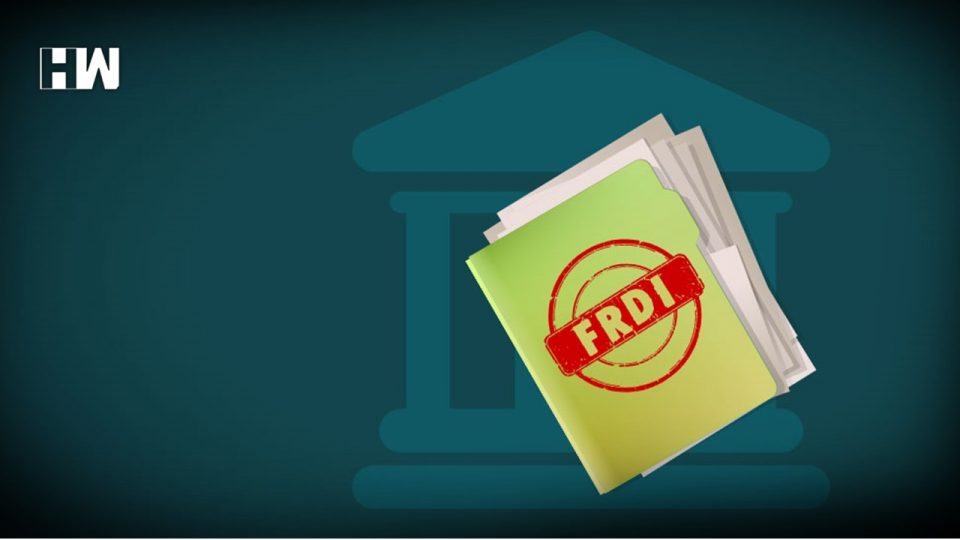The government has always bailed out these bankrupt PSBs by infusing more capital, without putting public deposits at risk
Mumbai: India may be rated as a lower-middle-income nation, but Indians are copious savers. Despite the strains of the economic slowdown that we face, household savings though now dipped, have continued to be robust. It is estimated that 50% of our household savings are parked in bank accounts and deposits, lured by the safety that they provide, except when put in cooperative banks in particular. It is due to the implicit government guarantee for bank deposits, that despite due to bankruptcy and failure of various public sector banks that the banking system has remained stable. The government has always bailed out these bankrupt PSBs by infusing more capital, without putting public deposits at risk. It also bailed out the bankrupt IDBI bank by forcing LIC to buy it and recapitalize it. In the case of failed cooperative banks, the RBI has cancelled their licences and has then let the DICGC settle depositor claims, where deposits of up to Rs.1 lakh are insured. In the case of failure of private sector banks, the government has moved in quickly and has merged them mostly with PSBs as we have seen in the case of GTB, Benaras State Bank, UWB, Nedungadi Bank, etc. Thus except in the case of cooperative bank failures, as we presently see in the case of the PMC Bank and NBFC failure, as we see in the likes of DHFL, ILFS, etc., the government has protected depositor interests and has provided stability to the banking/financial system.
Bank failures do occur in India and as we said, the norm so far has been to bail them out using taxpayer money as is evident from the recent infusion of over Rs.3 lac crores, by way of additional capital into bankrupt PSBs by the government, such that depositor interests would not be jeopardized. That bailout protection would have changed, had the bail-in provisions of the proposed FRDI Bill 2017 been enacted.
The FRDI Bill was introduced in the Parliament in August 2017. It was meant to set up a regulatory framework to resolve bank and financial failures, through mergers, amalgamation, restructuring or liquidation. But it came with a bail-in the provision, wherein depositors would bear the cost of such eventuality ie. their depositors would be at risk and could be decimated. It led to a huge public uproar since public deposits with banks would be in jeopardy if the Bill was enacted. The government initially dismissed such fears as misplaced misgivings, it then clarified that the FRDI will not do away with the implicit guarantee of the government for public deposits with PSBs, but it eventually admitted that there were design flaws and serious issues in the Bill and referred it to a Parliamentary committee, before being withdrawn in order to draft a better law.
The FM recently said that the government is working on the revision of the FRDI Bill, but did not commit any timeline are to when would it be tabled in the Parliament. She also referred to the recent changes in insolvency laws related to insolvency financial institutions and the recent increase in deposit insurance from Rs.1 lakh to Rs.5 lakh to provide safety to bank depositors. While the banking/financial system in India is regulated by multiple regulators and there is no set framework to resolve a crisis in the sector, and thus such a regulatory structure needs to be put in place, the fact yet is that it cannot put public deposits with banks at risk, as was clearly possible in the shelved FRDI 2017 Bill. The reasons and the larger picture here is as under:-
- Public deposits are the substratum of the financial stability of India’s household sector and they must be protected at any cost, except where the depositor has risked them in NBFCs, etc. for the greed of higher returns thereon. Every well-regulated nation does so.
- Public deposits with banks, running into lacs of crores have been built over the years, with the implicit government guarantee and that cannot now be withdrawn, by making new law.
- The financial sector has been ridden with scams as in the case of ILFS, DHFL, etc. which have occurred due to failures of governance and regulation. Till that is not rectified and a robust system put in place, the government cannot now put depositor money at risk.
- Thus the regulation must be strengthened before any such change is brought in.
- The government itself is the owner of PSBs and it cannot give up its responsibility by bringing in an FRDI Bill.
- India does not have adequate alternative avenues to channelize pubic/household savings safely.
As an independent media platform, we do not take advertisements from governments and corporate houses. It is you, our readers, who have supported us on our journey to do honest and unbiased journalism. Please contribute, so that we can continue to do the same in future.

